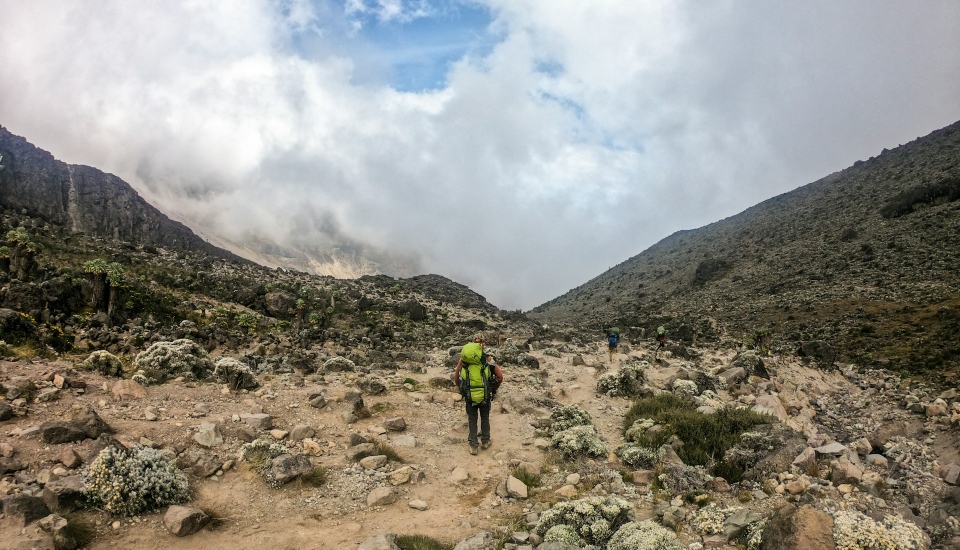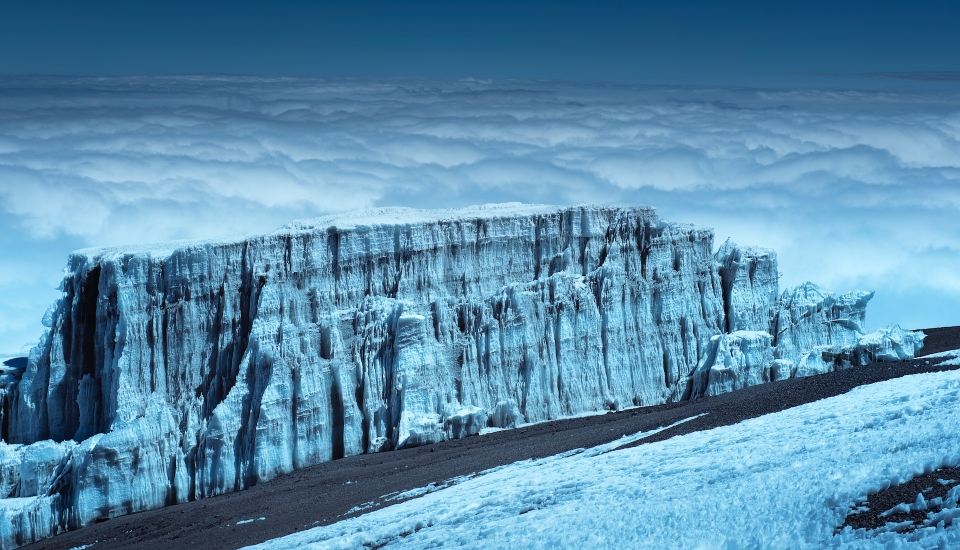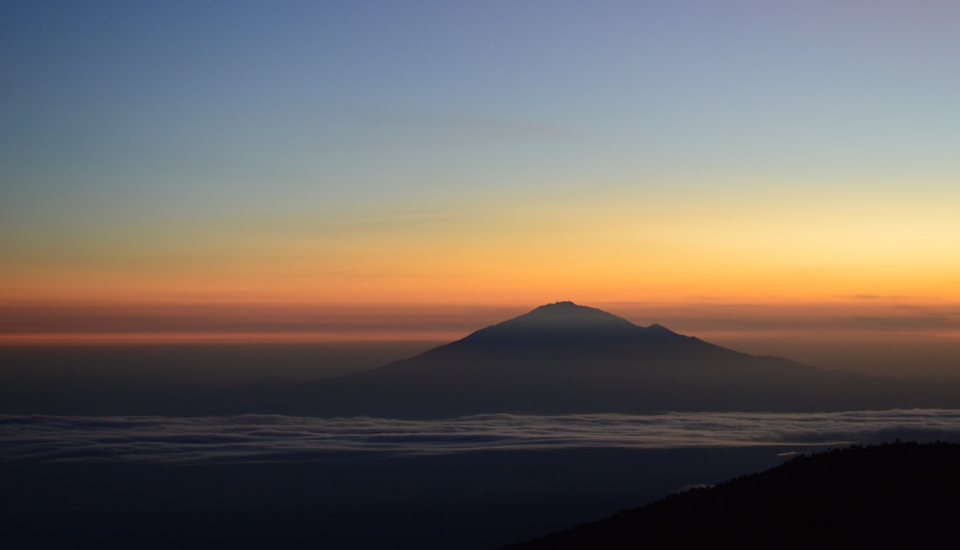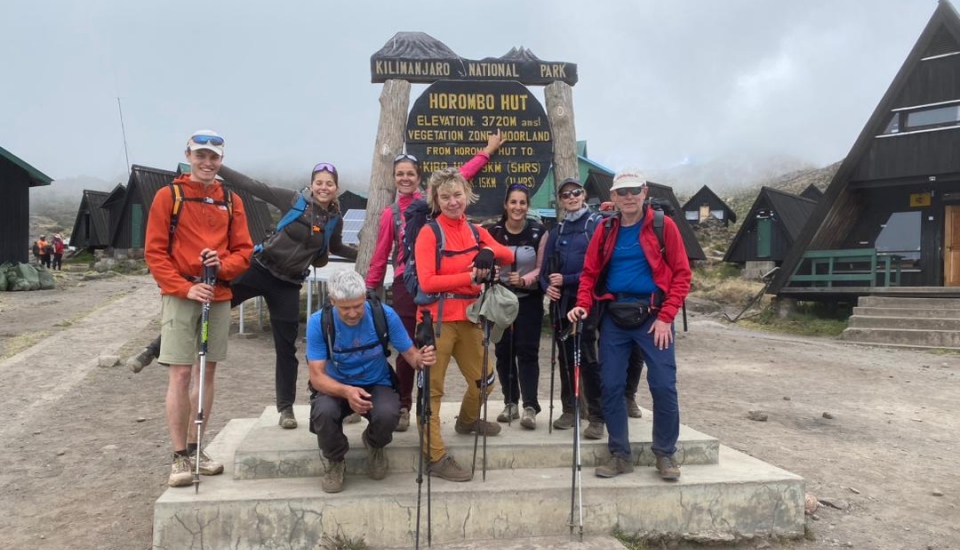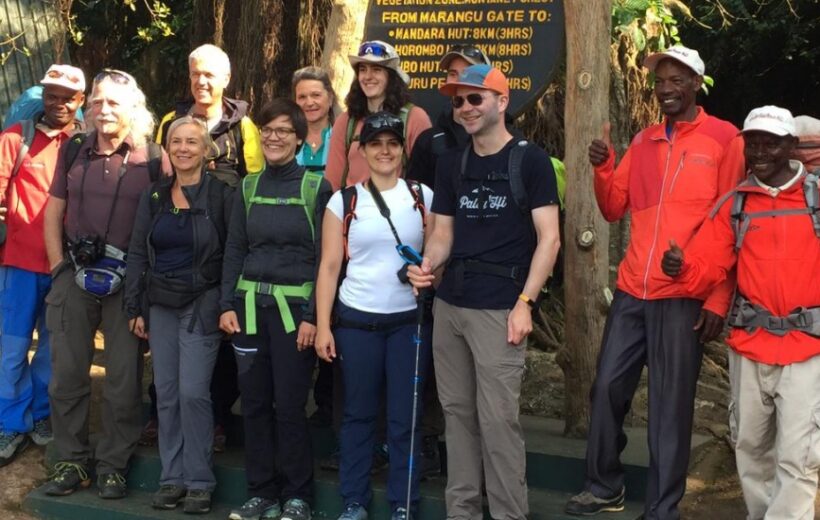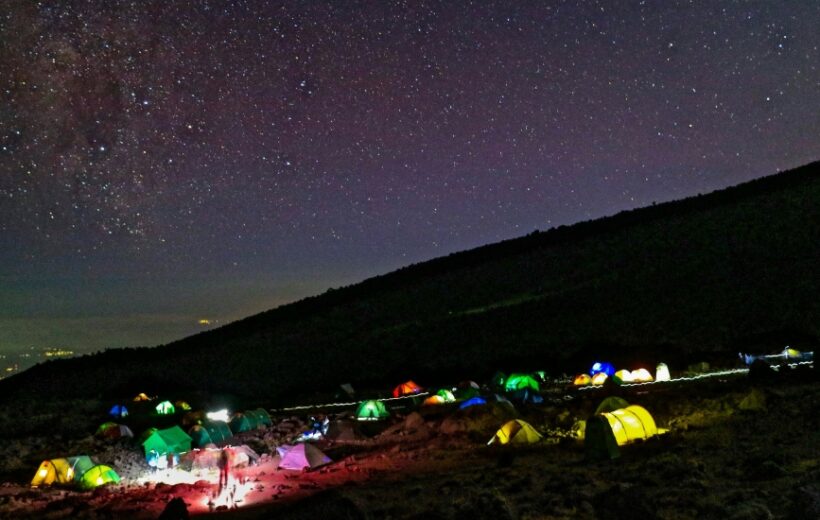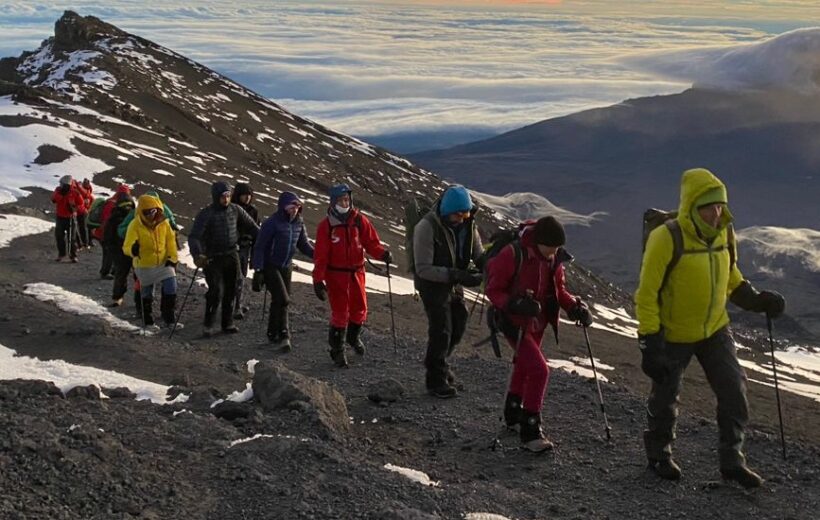Overview
Climbing Mount Kilimanjaro is more than just a trek; it’s a journey to the roof of Africa. Standing tall as the highest mountain in Africa and the highest free-standing mountain in the world, Kilimanjaro is a UNESCO World Heritage Site and a dream destination for adventurers, mountaineers, travellers, tourists, photographers, and nature lovers alike.
The Marangu Route: Your Path to the Peak
Often referred to as the “Coca Cola” or “tourist” route, the Marangu Route is the most popular and accessible route to the summit of Kilimanjaro. It’s a gradual climb that takes you through a variety of landscapes, from lush rainforest to moorland, and finally, the alpine desert.
Unlike other routes, the Marangu Route offers the comfort of mountain huts equipped with solar lights and bunk beds. These communal huts provide a jovial and energetic atmosphere as climbing groups from around the world share meals and stories in the dining huts.
Why Choose the Marangu Route?
The Marangu Route is the shortest route to the summit, making it possible to reach Uhuru Peak in less than 6 days. However, we recommend the 6-day climb to increase your chances of reaching the summit. The extra day allows for better acclimatization, enhancing your overall experience and success rate.
Ready for the Adventure of a Lifetime?
So, are you ready to conquer the roof of Africa? With breath-taking views, diverse landscapes, and the thrill of adventure, climbing Mount Kilimanjaro via the Marangu Route is an experience you’ll cherish forever.
Tips for Climbing Kilimanjaro via the Marangu Route
Start training early. The Marangu Route is a challenging hike, so it's important to start training well in advance. A good training program should include a mix of cardio and strength training.
Pack the right gear. It's important to pack the right gear for your Kilimanjaro climb. This includes warm clothes, rain gear, and hiking boots.
Take your time. Don't try to rush your Kilimanjaro climb. It's important to take your time and acclimatize to the altitude properly.
Drink plenty of water. It's important to drink plenty of water when hiking at high altitude. Aim to drink at least 3 liters of water per day.
FAQs About the Marangu Route
Q1: Is the Marangu Route suitable for beginners?
A: Yes, it's often recommended for first-time trekkers due to its gradual ascent.
Q2: What is the best time for the Marangu Route?
A: June to October and December to February offer the most favourable climbing conditions.
Q3: Do I need special gear?
A: While you don't need technical equipment, warm clothing and proper hiking gear are essential.
Q4: How difficult is the summit day?
A: The summit day is challenging due to altitude, but with determination, it's achievable.
Q5: What makes Marangu Route special?
A: Its unique huts provide more comfort compared to camping routes.

